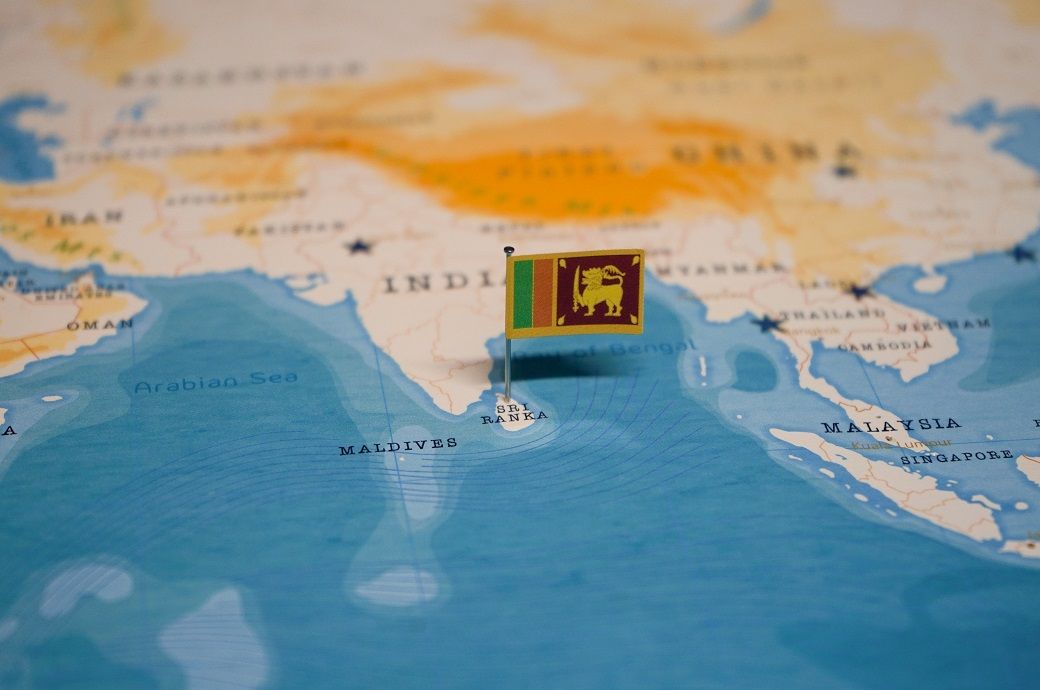
A JAAF statement said the budget’s emphasis on export-led growth, digitalisation and macroeconomic stability signals a promising shift toward a sustainable external sector.
The forum welcomed the government’s renewed commitment to trade facilitation, investment promotion and digital governance, saying these efforts could sharpen the competitiveness of Sri Lankan exporters.
Key proposals, such as reforms to the inland revenue department, the introduction of RAMIS 3.0 and the roll-out of e-invoicing, were recognised as major enablers of efficiency and transparency.
Meanwhile, the Sri Lanka Apparel Brands Association (SLABA) also welcomed the budget, noting that it addresses the majority of the industry’s key requests aimed at strengthening the domestic apparel ecosystem.
SLABA praised the actions addressing industry concerns, particularly regarding the implementation of value-added tax (VAT) on imported fabrics. Local manufacturers have long advocated for this measure to ensure fair competition.
The budget also includes provisions for cess and duty revisions, investments in industrial estates, and the introduction of digital tax administration through mandatory e-invoicing. These steps align closely with SLABA’s recommendations for sustainable industry development.
ALCHEMPro News Desk (DS)
Receive daily prices and market insights straight to your inbox. Subscribe to AlchemPro Weekly!